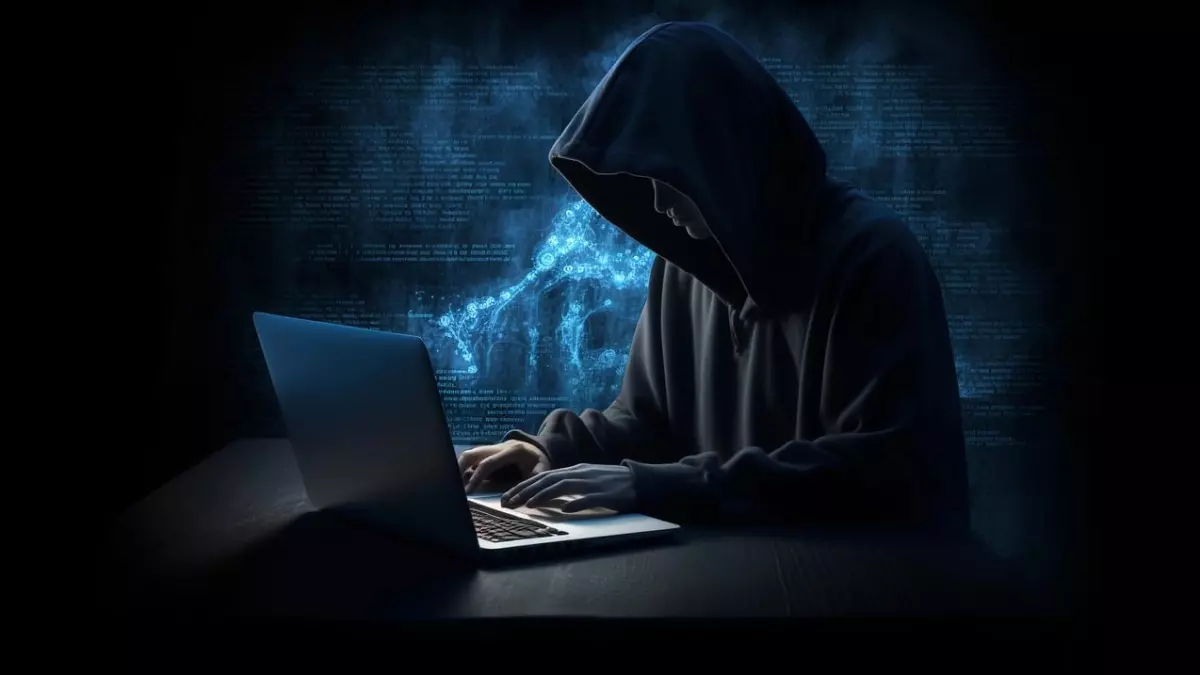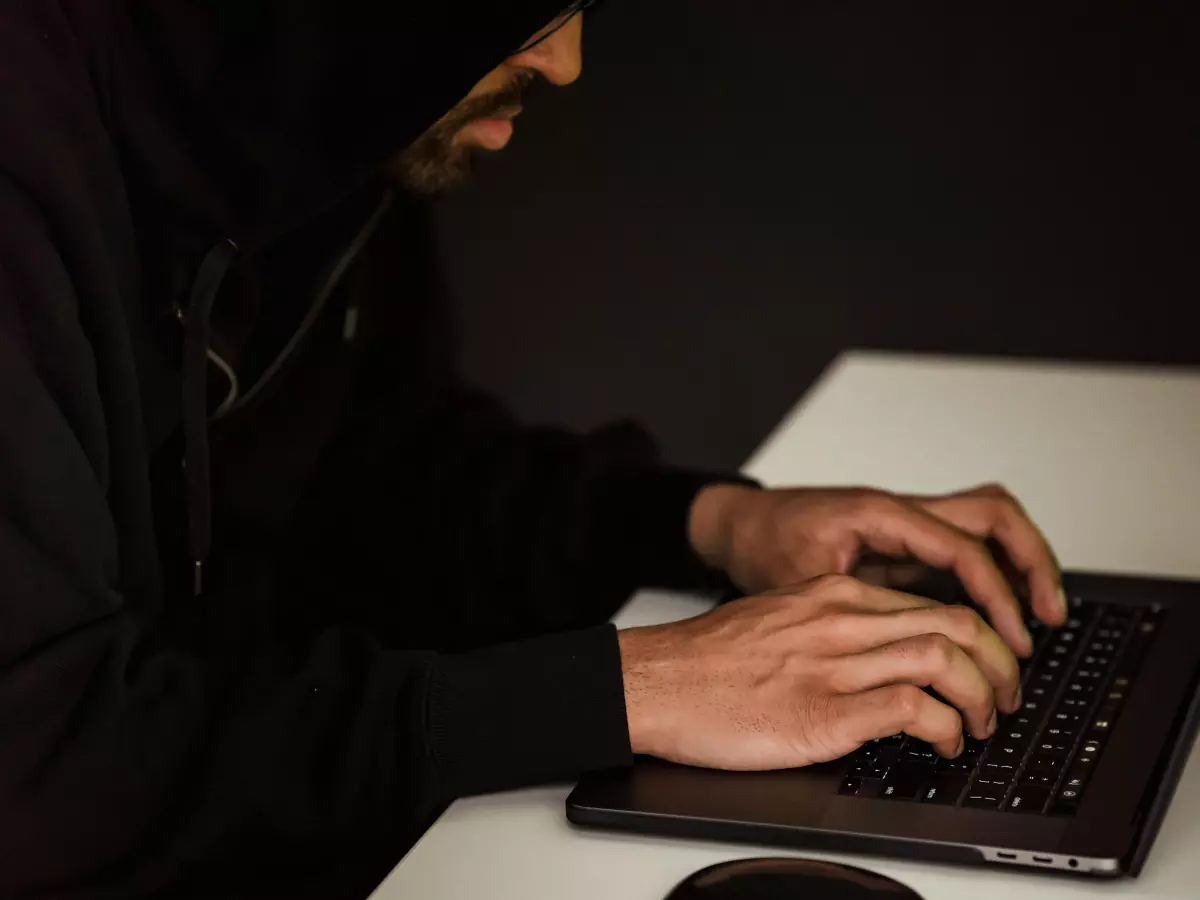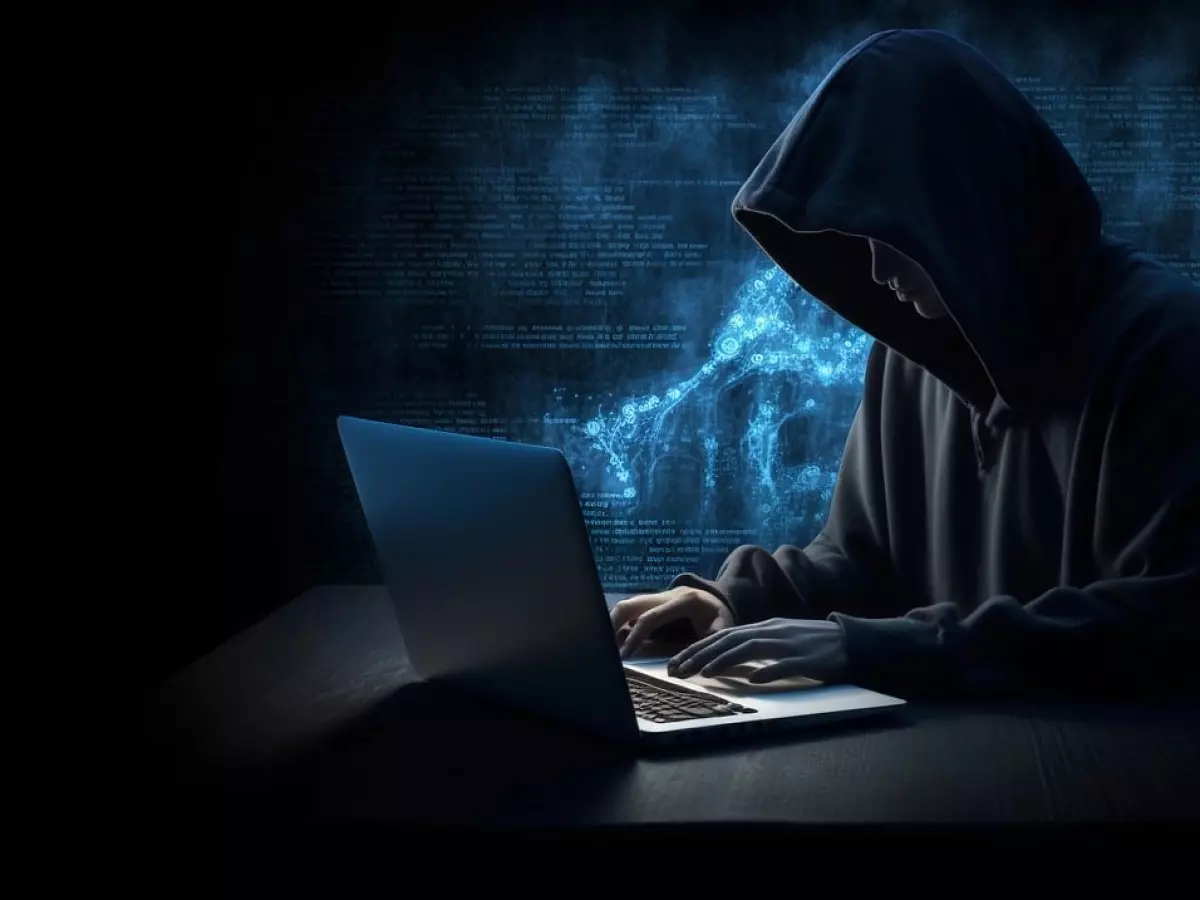UNC1860: The Silent Infiltrators
Think your network is safe behind firewalls and antivirus software? Think again. UNC1860, an Iranian state-sponsored hacking group, is proving that even the most secure networks can be breached with the right tools and a bit of patience.

By Tomás Oliveira
There's a common misconception that cyberattacks are all about brute force—hackers hammering away at your defenses until something breaks. But UNC1860, a group tied to Iran’s Ministry of Intelligence and Security (MOIS), is flipping the script. Instead of smashing through the front door, they’re slipping in through the back, using highly specialized tools and passive backdoors to quietly infiltrate networks.
According to Cyber Security News, UNC1860 has been targeting high-priority networks across the Middle East, including government and telecommunications sectors. Their approach? Precision. These hackers aren’t just throwing malware around like confetti. They’re using custom-built tools designed to fit specific environments, making detection incredibly difficult for traditional security measures.
So, what makes these guys so dangerous? It’s not just their tools; it’s their patience. UNC1860 doesn’t rush. They’re known for setting up passive backdoors, which allow them to maintain access to a network long after the initial breach. These backdoors are often undetected for months, sometimes even years, giving the hackers ample time to gather intelligence, steal data, or prepare for more destructive attacks.
But here’s the kicker: they’re not just after data. UNC1860’s operations are part of a larger geopolitical game. By targeting critical infrastructure, they’re not just causing headaches for IT departments—they’re potentially destabilizing entire regions. And that’s where the real danger lies.
Why Should You Care?
It’s easy to dismiss these kinds of attacks as something that only happens to governments or big corporations. But the reality is, if you’re connected to the internet, you’re a potential target. And as hackers like UNC1860 get more sophisticated, the tools they develop for high-profile targets often trickle down to the broader cybercriminal community.
That means the same techniques used to infiltrate a government network could one day be used to hack your business, your personal data, or even your gaming account. Yeah, it’s that serious.
What Can You Do?
So, how do you protect yourself? First off, don’t rely solely on traditional security measures like firewalls and antivirus software. These are important, but they’re not enough to stop a group like UNC1860. You need to think like a hacker. That means regularly updating your software, using multi-factor authentication, and—most importantly—monitoring your network for unusual activity.
Consider investing in advanced threat detection tools that can identify suspicious behavior before it becomes a full-blown breach. And if you’re running a business, make sure your employees are trained to recognize phishing attempts and other common attack vectors. Remember, the weakest link in any security system is usually the human element.
The Bigger Picture
UNC1860 is just one of many state-sponsored hacking groups operating today. From Russia’s Evil Corp to North Korea’s Lazarus Group, cyber warfare is becoming an increasingly common tool in geopolitical conflicts. And as these groups continue to evolve, so too must our defenses.
The takeaway? Stay vigilant. Cybersecurity isn’t just about protecting your data—it’s about protecting your future. Whether you’re a gamer, a business owner, or just someone who spends a lot of time online, the threat is real. And the best defense is a good offense.





